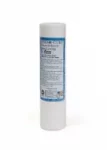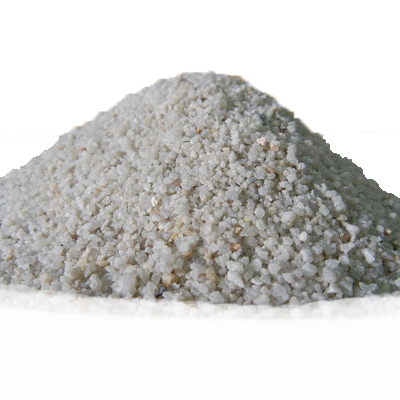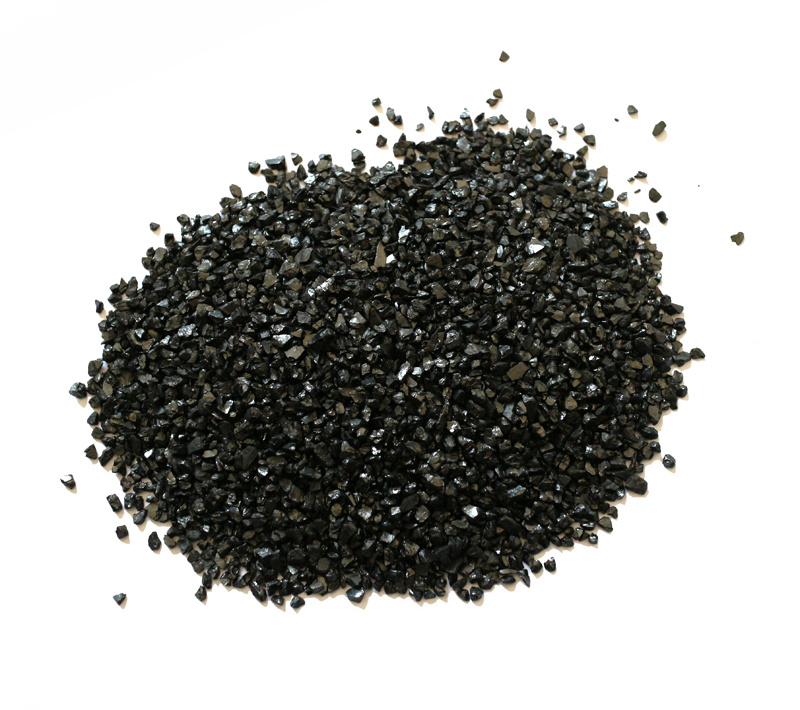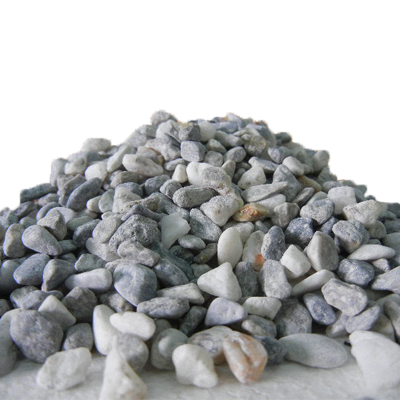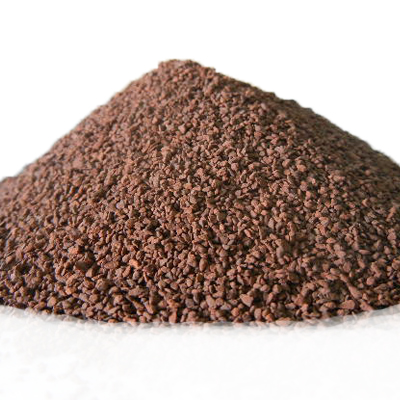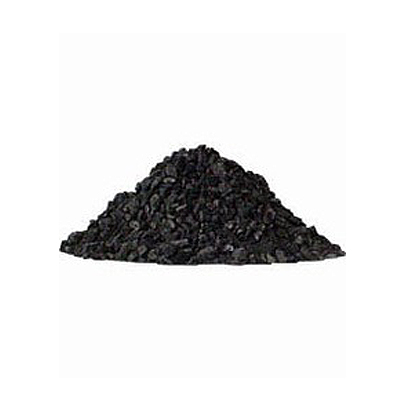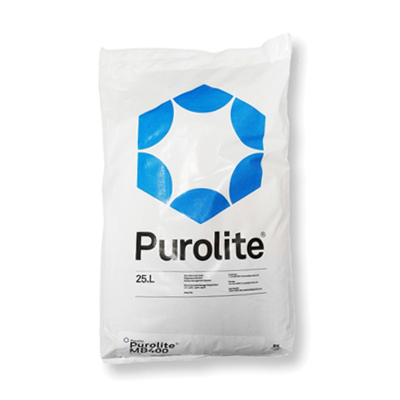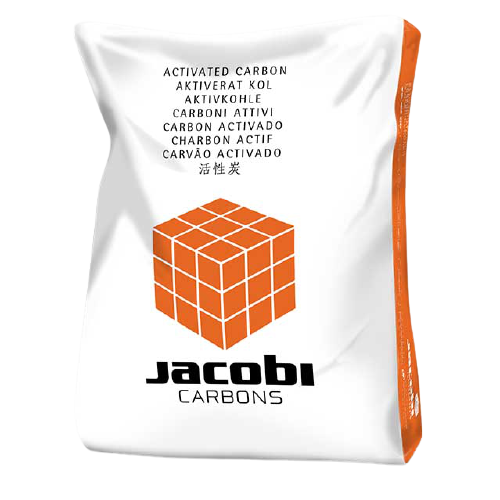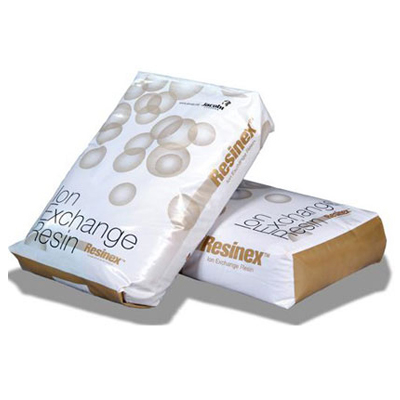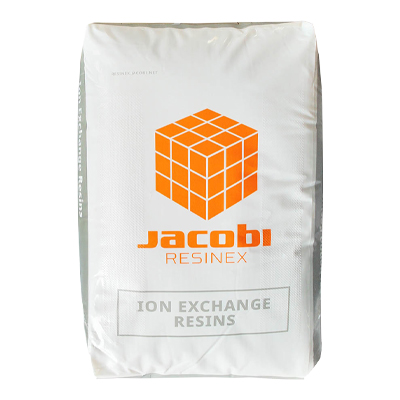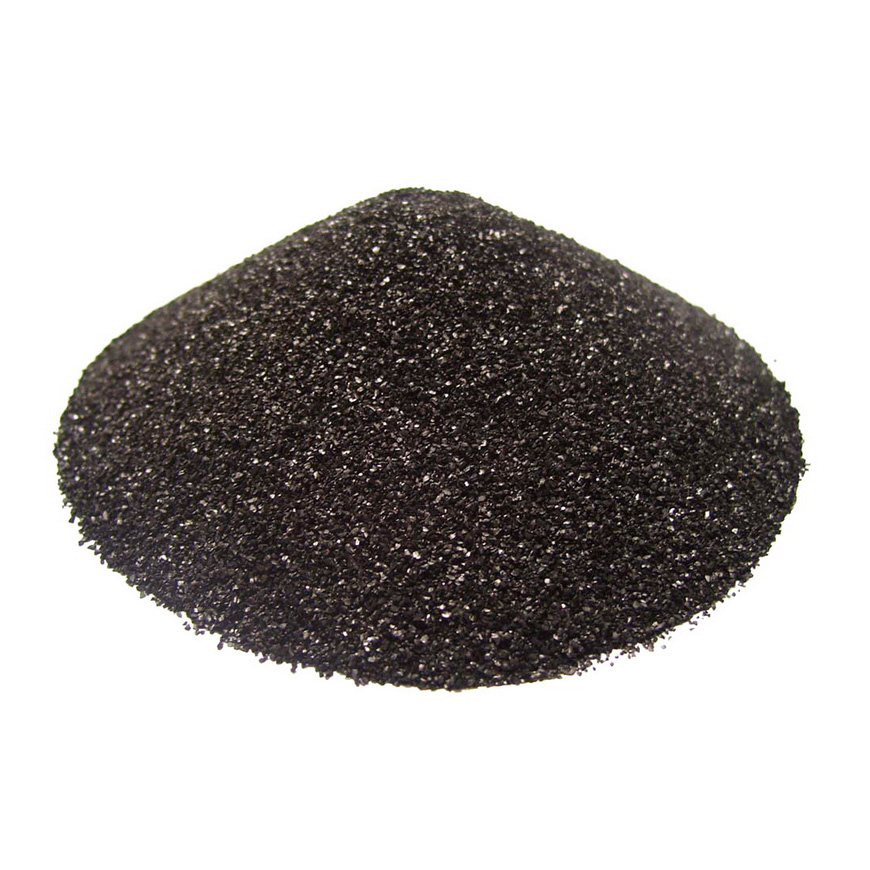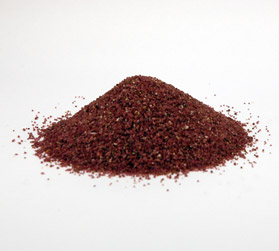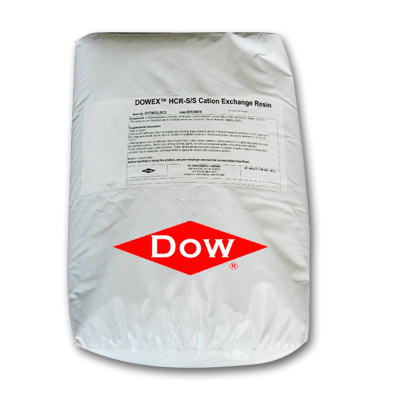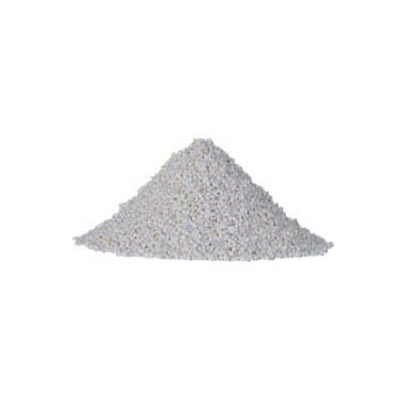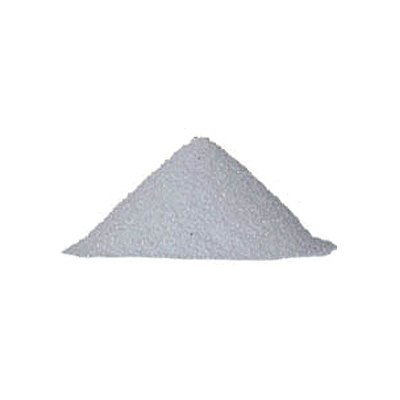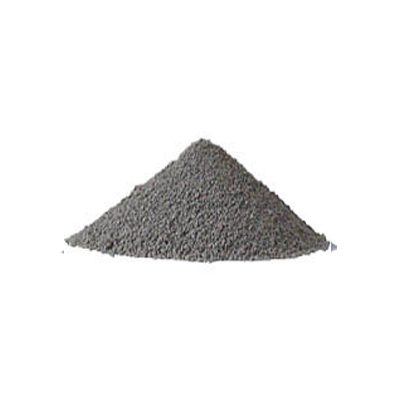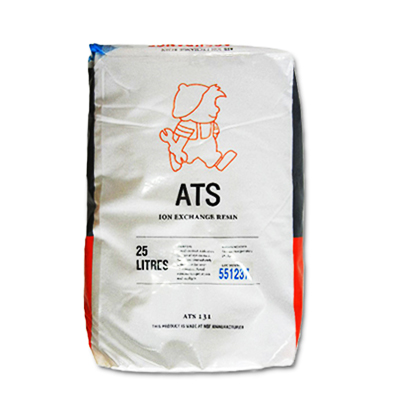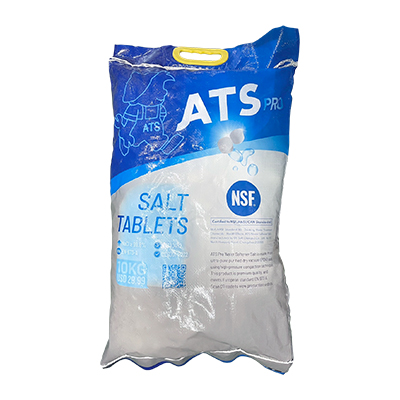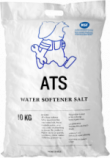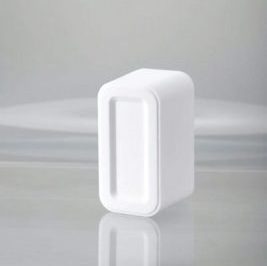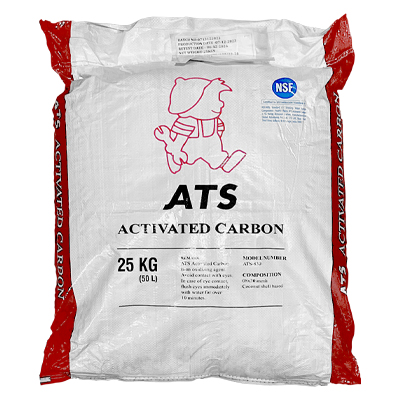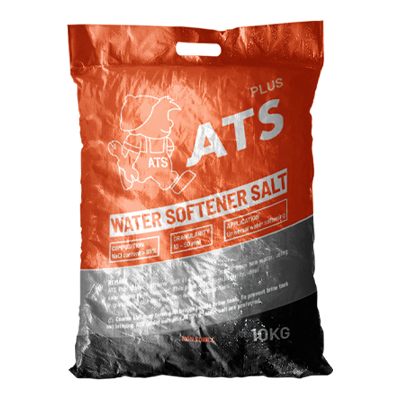PRODUCT INFORMATION
Haycarb activated carbon (RWAP 1261, 12×40, washed, coconut shell)
- front page
- product
- water treatment
- Chloramine removal (tap water)
- Haycarb activated carbon (RWAP 1261, 12×40, washed, coconut shell)
Product Information
- heat treatment
-
water treatment
- Arsenic remover
- Desulfurizer
- Deaerator
- Water softener (calcium and magnesium ion removal)
- Carbon filter (removes odor and residual chlorine)
- Sand filter (removal of suspended impurities)
- Iron remover (removal of iron and manganese ions)
- RO water purifier
- Pre-backwash filter
- UV ultraviolet sterilizer
- Ion exchange resin
- reverse osmosis membrane tube
- quick filter
- Various tanks for water treatment
- Various application filter media
- 美國 Clack Clark control valve
- 美國 Fleck Control Valve
- 美國 Pentair Control Valve
- 美國 Autotrol Control Valve
- Runxin Control Valve
- Injection treatment
- Technology Development Department
-
brand
- Demo brand
- US DOW
- IDEX USA
- US CLACK
- EMERSON, USA
- American PENTAIR
- SIEMENS Germany
- American PULSAFEEDER
- Denmark DANFOSS
- Thailand HAYCARB
- France SUNTEC
- UK PUROLITE
- Japanese NOP
- Japan OLYMPIA
- Japan KATSURA
- BRAHMA, Italy
- SAGINOMIYA
- HONEYWELL
- AZBIL (YAMATAKE)
- OLTREMARE
- NIPCON
- TROCHOID
- domestic
- EGO
- KATO
- LECIP
- ATS
- JACOBI
- ETATRON
- WAVE CYBER
- BOSCHINI
- NIPPON
- WL
- CASH ACME
- YAZAKI
- RUNXIN
- About | Contact
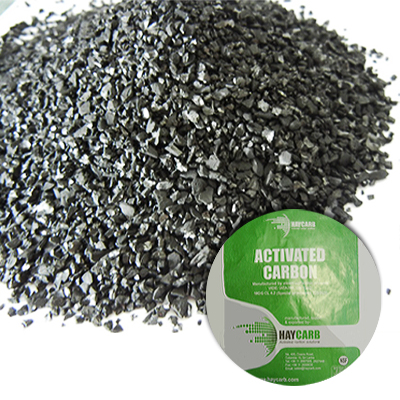
Haycarb activated carbon (RWAP 1261, 12×40, washed, coconut shell)
There are strict standards for the safety and purity of drinking water. Haycarb's Granular Activated Carbons (GACs) and Powdered Activated Carbons (PACs) effectively remove odor-causing compounds such as MIB and dimenol, discoloration, endocrine disruptors and other micro-pollutants from drinking water. Chlorinated hydrocarbons, trihalomethanes and other disinfection by-products, volatile organic compounds, pesticides and their by-products. Our products have high quality standards, professional manufacturing processes, and meet NSF 61, NSF 42, and PROP 65 certifications. They also have low semi-dechlorination values, superior flow characteristics, consistent particle size distribution that facilitates pressure drop, and conform to adsorption kinetics. requirements, a large number of pore structures well balance adsorption and transport pores, and high mechanical strength, which is beneficial to reducing operation and pressure drop problems. These excellent properties of granular activated carbon make it the best choice for industrial water filters at the end of the line (POU) and at the end of the line (POE). At the same time, we also have many professional products, including silver-impregnated antibacterial application carbon, and catalytic carbon for the removal of chloramine, iron, and hydrogen sulfide.
Haycarb is the world's leading manufacturer and marketer of coconut shell activated carbon. Accounting for more than 16% of global market share, the company has an annual production capacity of over 42,000 metric tons of activated carbon. Haycarb manufactures a wide range of standard water-washed impregnated granular activated carbon, powdered activated carbon and extruded granular activated carbon for use in water treatment, air treatment, gold recovery, the food and beverage industry, energy storage and professional applications. We have in-house R&D and engineering capabilities to provide customers with a comprehensive suite of solutions, from activated carbon testing and product development and spent activated carbon regeneration to the design and implementation of activated carbon-based environmental engineering systems.
Founded in 1973, the first of all coconut producing countries, Haycarb operates 6 activated carbon production sites in Sri Lanka, 泰國 and Indonesia, and works with marketing subsidiaries in 美國, 英國 and Australia to provide a global sales network. Listed on the Sri Lanka Stock Exchange with an annual turnover of US$100,000,000, Haycarb is the largest company operating in the coconut shell activated carbon industry.
Clean water - a global need; water purification - a global challenge. The Haycarb range of activated carbon for water purification provides a solution to this growing problem using cutting-edge carbon manufacturing technology. Our products have high quality standards and are professionally manufactured to comply with NSF 61, NSF 42, and PROP 65 certifications. Our activated carbon products effectively remove organic molecules such as volatile organic compounds (VOCs), disinfection by-products (DBPs), chlorides, chloramines, polycyclic hydrocarbons, heavy metals, colored substances, toxins, grease and Many other pollutants, it has the characteristics of high hardness, good absorption, ideal pore size, controllable particle size distribution, etc., making its performance high quality and stable.
Haycarb activated carbon series for water purification is mainly used to treat drinking water, industrial water, sewage and wastewater. Special products for water treatment include bacteriostatic impregnation grades, catalytic carbons for the removal of sulfides and chloramines, low iron and low chlorine products, professional cleaning products, ultrapure water meeting the requirements of the dialysis and electronics industries.
Features:
– World-renowned activated carbon manufacturer, produced in Sri Lanka, quality guaranteed
– High adsorption rate, high reaction area, good chlorine removal effect
– Passed a number of international certifications such as NSF 12*40 mesh
– another 8*30 mesh
What is coconut shell activated carbon?
Coconut shell activated carbon is a highly efficient adsorption material made from coconut shells through high-temperature carbonization and activation. This kind of activated carbon is widely used in water treatment, air purification, industrial adsorption and other fields because of its microporous structure, large specific surface area and high strength. It has significant effects on removing pollutants and improving environmental quality.
How coconut shell activated carbon works:
Coconut shell activated carbon has a rich microporous structure. These micropores provide a large surface area and can effectively absorb organic matter, odors, particulate matter and harmful chemicals in water and air. When water or air flows through the coconut shell activated carbon layer, pollutants will be adsorbed on the surface of the activated carbon, thereby achieving a purification effect.
Why choose coconut shell activated carbon?
1. Efficient adsorption capacity: Coconut shell activated carbon has a large specific surface area and rich microporous structure, and can effectively absorb various organic matter, odors and chemical substances.
2. Renewable resources: Coconut shell activated carbon is made from coconut shells, which is a renewable resource and environmentally friendly.
3. Wide application: It is widely used in the fields of drinking water treatment, industrial wastewater treatment, air purification, food processing and medicine.
4. High strength and durability: Coconut shell activated carbon has high mechanical strength, long service life, and can withstand high flow rates and high pressure conditions.
How to choose the right coconut shell activated carbon?
The following factors should be considered when choosing the right coconut shell activated carbon:
1. Specific surface area: Choose activated carbon with a large specific surface area to provide more adsorption sites and improve adsorption efficiency.
2. Microporous structure: Select activated carbon with appropriate microporous structure according to application requirements to ensure the best adsorption effect.
3. Strength and durability: Choose activated carbon with high mechanical strength and durability that can withstand long-term use and high-stress conditions.
4. Moisture content: Choose activated carbon with low moisture content to avoid affecting adsorption performance and service life.
Use and maintenance of coconut shell activated carbon:
1. Regular replacement: According to usage conditions and pollutant concentration, regularly replace activated carbon to maintain its efficient adsorption capacity.
2. Avoid pollution: Avoid grease and organic matter from contaminating activated carbon and affecting its adsorption effect.
3. Regeneration treatment: For activated carbon used in industrial applications, its adsorption capacity can be restored through high-temperature regeneration or chemical treatment to reduce operating costs.
4. Storage conditions: Store in a dry, cool place to avoid moisture and high temperature environments to extend the shelf life of activated carbon.
Summarize:
Coconut shell activated carbon plays a vital role in water treatment and air purification. Choosing the right coconut shell activated carbon and performing correct maintenance can effectively remove pollutants and improve environmental quality. If you are looking for high quality coconut shell activated carbon, our product will be your ideal choice. We provide various types and specifications of coconut shell activated carbon to meet different needs, welcome to buy!
There are strict standards for the safety and purity of drinking water. Haycarb's Granular Activated Carbons (GACs) and Powdered Activated Carbons (PACs) effectively remove odor-causing compounds such as MIB and dimenol, discoloration, endocrine disruptors and other micro-pollutants from drinking water. Chlorinated hydrocarbons, trihalomethanes and other disinfection by-products, volatile organic compounds, pesticides and their by-products. Our products have high quality standards, professional manufacturing processes, and meet NSF 61, NSF 42, and PROP 65 certifications. They also have low semi-dechlorination values, superior flow characteristics, consistent particle size distribution that facilitates pressure drop, and conform to adsorption kinetics. requirements, a large number of pore structures well balance adsorption and transport pores, and high mechanical strength, which is beneficial to reducing operation and pressure drop problems. These excellent properties of granular activated carbon make it the best choice for industrial water filters at the end of the line (POU) and at the end of the line (POE). At the same time, we also have many professional products, including silver-impregnated antibacterial application carbon, and catalytic carbon for the removal of chloramine, iron, and hydrogen sulfide. Technical explanation
| Iodine value | > 1000 mg/g |
| Moisture (when packaged) | < 5% |
| total ash | < 3% |
| hardness | > 98% |

